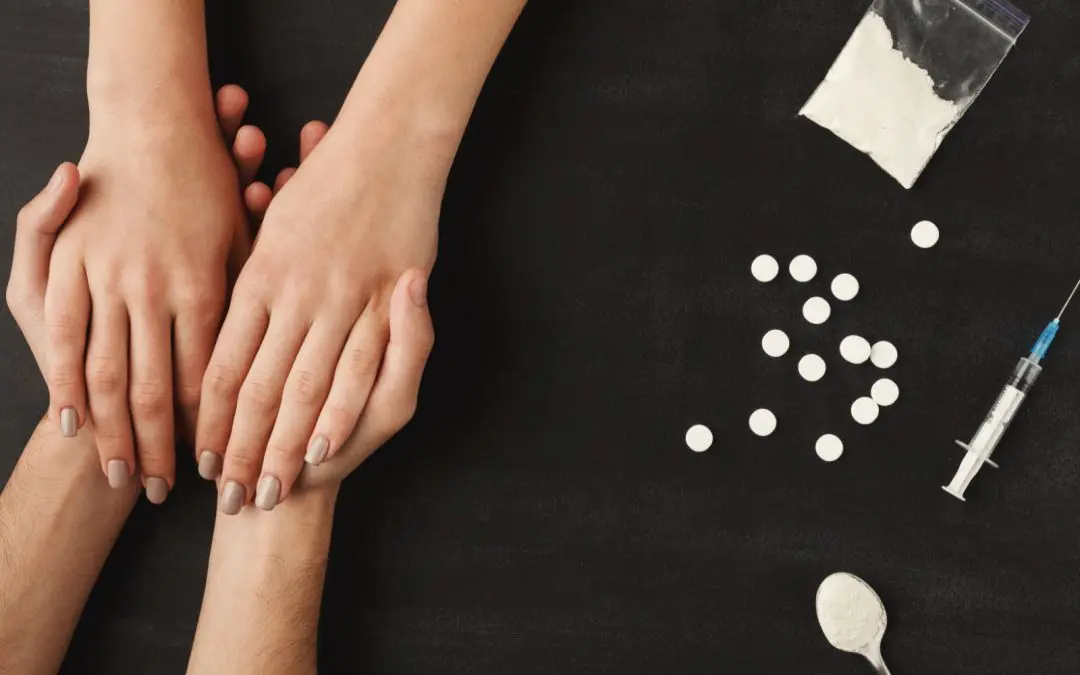24/7 Helpline:
(866) 899-111424/7 Helpline:
(866) 899-1114
Learn more about Prescription drug Rehab centers in New Albany
Prescription drug Rehab in Other Cities

Other Insurance Options

Sliding scale payment assistance

Amerigroup

Ambetter

American Behavioral

Excellus

BlueCross

WellCare Health Plans

Multiplan

UMR

Horizon Healthcare Service

Self-pay options

Sutter

CareSource

Coventry Health Care

Lucent

Magellan

Health Net

State Farm

Molina Healthcare

MVP Healthcare

Our Place – Drug and Alcohol Education
Our Place - Drug and Alcohol Education is a non-profit rehab located in New Albany, IN. Our Place - ...

LifeSpring Health Systems – Floyd County Office
LifeSpring Health Systems is a premier provider of co-occurring mental health and substance use diso...

Groups
Groups is private healthcare company providing outpatient treatment for opiate addiction using weekl...












































